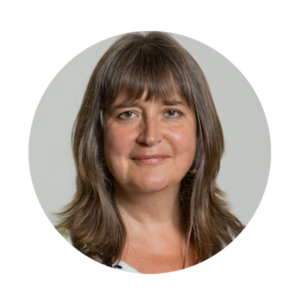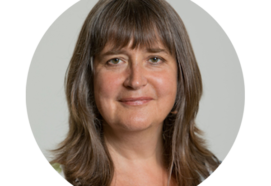Editorial: Evidence, policy and practice – gold standard, good enough or doing it differently?
Bernadka Dubicka
Abstract
Welcome to the first issue of Child and Adolescent Mental Health (CAMH) in 2021 and also to my first issue as editor‐in‐chief. Needless to say, 2020 has been one of the most difficult years in living memory for many children and young people around the globe, and, as we discussed in our recent issues, the potential impact of COVID‐19 on children’s mental health is profound. The case for increased funding for child and adolescent mental health and investing in research has never been greater. Nevertheless, as we step into 2021, there are seeds of optimism as science drives forward treatment and vaccine developments.
We hope that you enjoy the full editorial which is free on the Online Wiley Library.
ACAMH Members should follow this link:

Dr. Bernadka Dubicka qualified in medicine and psychology at University College London and completed her training in child psychiatry in Manchester, alongside her MD on adolescent depression. She has been a consultant for an adolescent unit for over a decade, and recently moved to a new post in Greater Manchester where she is helping develop intensive community and crisis services for young people and is also a research lead. In 2015 she was elected vice-chair of the RCPsych Child and Adolescent faculty, and became chair in June 2017. She has campaigned actively for improved CAMHS since taking up this post.
She has a research interest in mood disorders, with expertise in clinical trials and evidence based practice. Most recently she has been an investigator on one of the largest international psychological treatment trials in adolescent depression (IMPACT). Dr Dubicka is a member of the National Institute of Health Research, and a clinical advisor for the North West Strategic Clinical Network, where she has led on a project examining self-harm in young people. She is an editor of the Child and Adolescent Mental Health Journal, has published regularly, contributed to NICE guidance, and speaks regularly at national and international meetings, as well as in the media.


